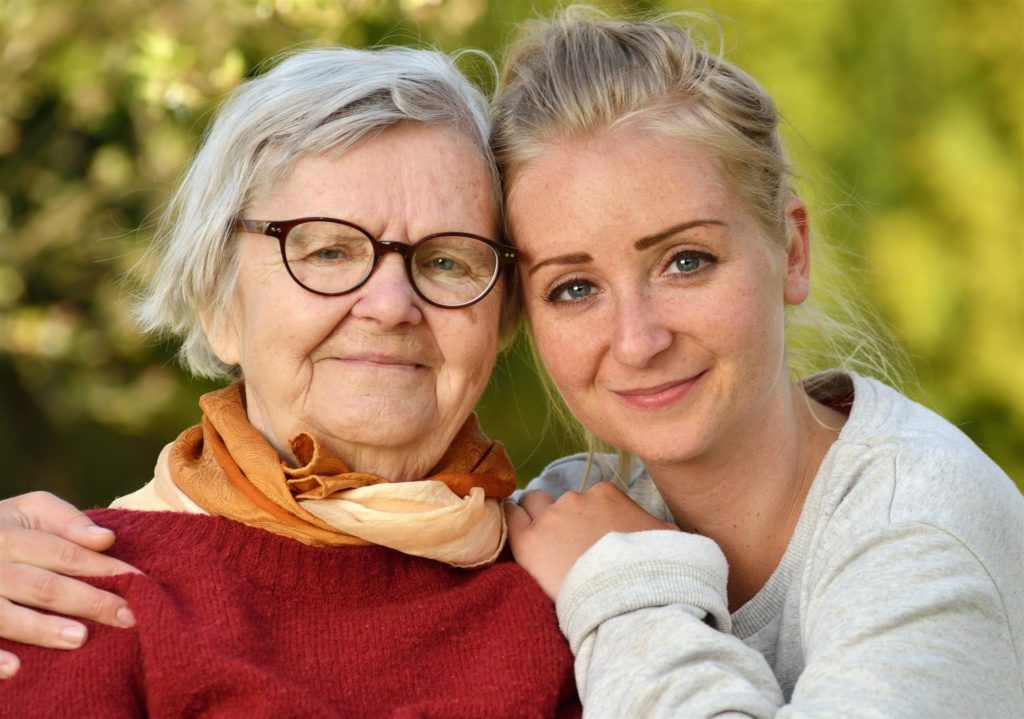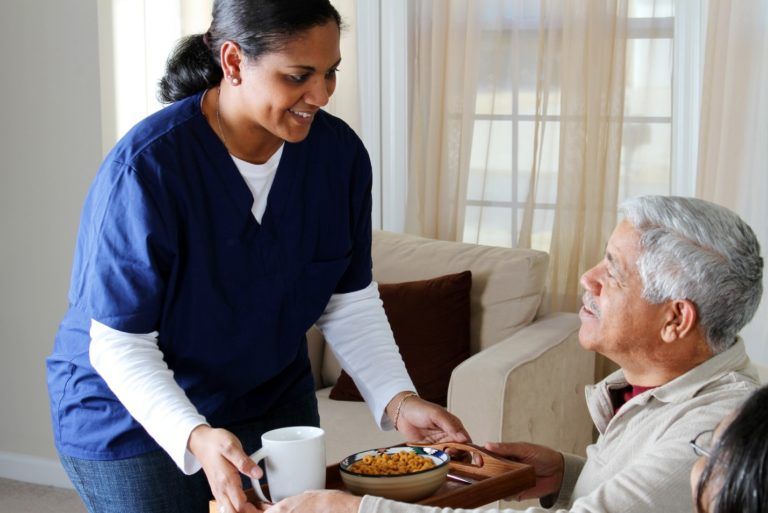What to Know for Elders With Pneumonia
Surely you have heard about pneumonia. It can be a scary diagnosis, but the good news is that if it is discovered early and treated promptly, a full recovery is very likely. Which means it is especially important for you to be able to spot the signs and symptoms of pneumonia so you can get yourself or your loved one the care they need.
What is Pneumonia?
In short, pneumonia is an infection of the lungs in which the air sacs get filled with pus or fluid, making it hard to breathe. While viruses and fungi can cause pneumonia, in the elderly the most common cause is bacteria. The National Heart, Lung, and Blood Institute states that it is possible for pneumonia to develop on its own with no underlying issues; however, in most cases it develops after the flu or a cold.
Anyone at any age can develop pneumonia, but young infants and people over the age of 65 are at an increased risk because of their lowered immune systems—especially if another chronic illness that affects the lungs is at play, such as COPD or asthma.
What to Watch For
Since pneumonia does commonly occur following a cold or flu, it can be hard to tell when the illness progresses to this more serious state. However, pneumonia does have some common signs and symptoms that you should be on the lookout for:
- High Fever – While no high fever should be ignored, this symptom is especially worrisome if the fever (from the cold or flu) has been gone for a few days and then returns. This could indicate pneumonia as a secondary infection.
- Shortness of Breath – Because fluid fills up the lungs, less air is able to get in, making it very hard to get the air needed to perform every day activities.
- Chest Pain – The chest should not hurt with normal breathing or coughing. If it does, it should be checked out promptly.
- Cough with Phlegm – If anything unfavorable is being coughed up, it should definitely be checked out.
- Shaking Chills – This symptom usually accompanies a high fever and is a sign that the body is fighting something.
- Feel Worse after a Cold or Flu – If a flu or cold seems to be almost (or completely) gone and then suddenly the symptoms reappear and are more severe, pneumonia is undoubtedly a suspect.
Now here’s where it gets tricky. The above symptoms are the most common for the general population, but if someone has other serious illnesses or a weakened immune system, they might have milder symptoms, and not as many of them. In these instances a lower than normal temperature is something to be on the lookout for. Older adults may also experience a change in their mental awareness.
We Can Help
At Connecticut In-Home Assistance , we understand the importance of prompt medical care when it comes to treating pneumonia. Our caregivers have been informed in the symptoms of pneumonia and will be on the lookout for any changes that might signify the condition. That being said, it is always better to be safe than sorry. If you think that anything might be wrong, always seek medical care. While our caregivers want the best for your loved one, they are not doctors—but they can help drive your loved one to them.
The post What to Know for Elders With Pneumonia appeared first on .
Share
Related Posts




